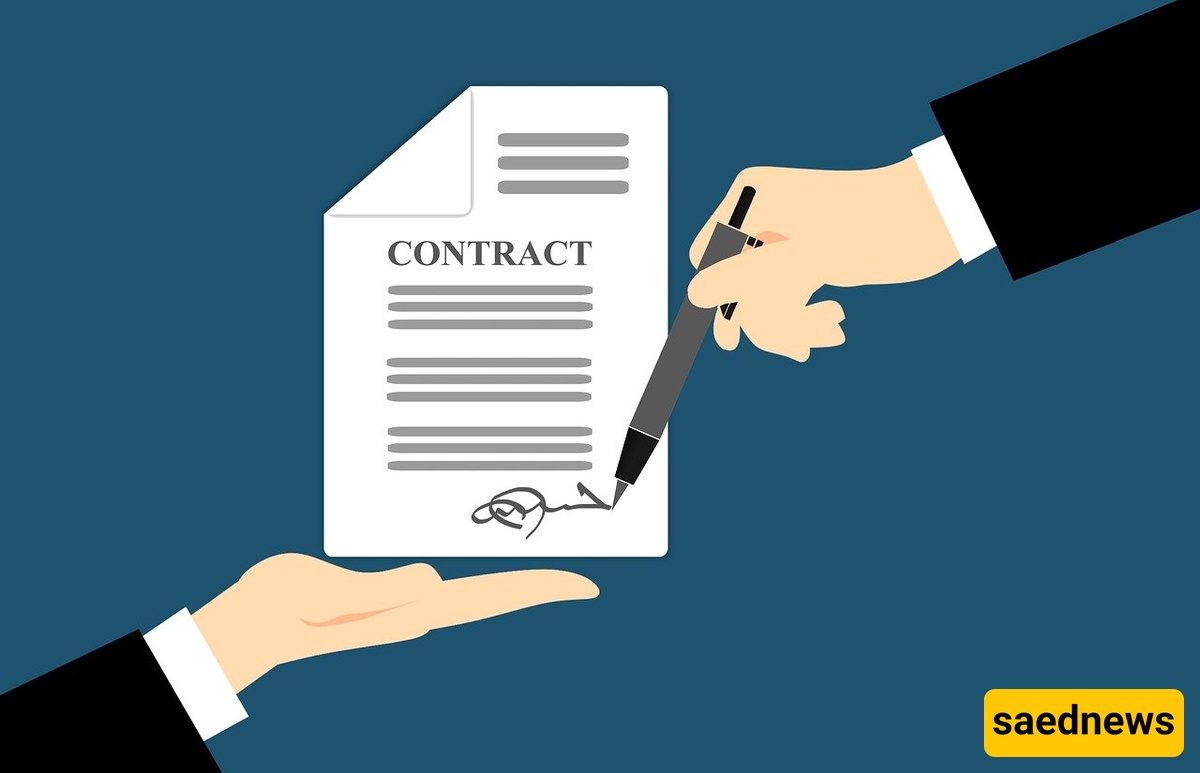SAEDNEWS: European diplomats insist that activating the snapback mechanism does not end diplomacy, while Iran warns that any reinstatement of sanctions will be met with a severe response. Talks continue with both sides emphasizing their positions.

A European diplomat stated that “activating the snapback mechanism does not mean the end of diplomacy,” adding that the three European countries remain ready to engage with Iran in the weeks leading up to the possible implementation of UN sanctions.
According to Saed News, the Iranian diplomatic delegation held talks on Tuesday in Geneva with Germany, France, and the United Kingdom regarding the activation of the “snapback mechanism.” The snapback automatically reinstates all UN Security Council sanctions that were lifted under the 2015 nuclear deal with Iran.
Kazem Gharib-Abadi, Deputy Foreign Minister of Iran, referring to the meeting on Wednesday with Majid Takht-Ravanchi, Iran’s political deputy foreign minister, emphasized: “Europeans are not legally in a position to activate the snapback mechanism, and there is no legal basis for such an action.”
Previously, the three European countries had set conditions to extend the deadline for activating the mechanism, including resuming IAEA inspections in Iran, addressing Iran’s large enriched uranium stockpiles, and resuming diplomacy, including with the United States. IAEA oversight in Iran has been a key part of these negotiations, with the previous session held in July in Istanbul.
Iranian officials have repeatedly stressed that Europe, due to its non-compliance with its commitments under the nuclear deal, lacks the legal and moral basis to activate the mechanism against Iran. Iran has stated that its response to the reinstatement of sanctions will be “severe.”
According to Axios, the activation process of the snapback mechanism takes 30 days, and Europeans aim to complete this process before Russia assumes the UN Security Council presidency in October.
In this regard, an informed European diplomat said: “Activating the snapback process does not mean the end of diplomacy. The three European countries are still ready to engage with Iran in the weeks leading to the implementation of UN sanctions.”
Kazem Gharib-Abadi also stressed on Wednesday evening: “Iran remains ready for interaction and continued diplomatic contacts. The choice is with Europe: either confrontation or cooperation. If they choose the path of legal and political exploitation, Iran will respond accordingly. We hope the European approach is wise and based on diplomacy.”
Another European diplomat told Axios regarding the potential activation of the snapback process: “Leaders of the three European countries believe that Iran has clearly violated its commitments under the 2015 nuclear deal for years and has taken no concrete steps to remedy the situation.”
Referring to Europe’s past performance, Iran’s deputy foreign minister added: “The reality is that Europeans have not implemented the JCPOA for seven years. Yet, they boldly claim to have fulfilled their obligations. We told them that if they have truly implemented the JCPOA, provide a report showing their actions. Existing indicators show that Europe has not only failed to comply with the JCPOA in the past seven years but has even imposed new sanctions. The latest example was a few months ago against Iran’s shipping and aviation industries.”
Another source, without providing documents, claimed that the Iranian delegation in Geneva “did not present any tangible or precise achievement.”
Meanwhile, three sources speaking to Axios claimed that the foreign ministers of France, Germany, the UK, and the EU High Representative informed U.S. Secretary of State Marco Rubio that “on Thursday they will activate the snapback mechanism against Iran.”
While the European trio threatens action against Iran, the Iranian deputy foreign minister also said on Wednesday evening: “Europeans proposed the idea of an extension a month ago, but we reminded them that the authority for this matter lies with the UN Security Council, and any decision must be taken within that framework.”
He added, referring to the joint position of Russia and China in the Security Council: “We made it clear to the European parties that if they seek to exploit this path and ignore Iran’s good faith and diplomatic efforts, the Islamic Republic of Iran will respond appropriately. If they send a letter, Iran will also present its warnings and countermeasures to the Security Council.”
Gharib-Abadi also warned: “If such an action takes place, Iran’s current cooperation with the International Atomic Energy Agency will be suspended, and continuing engagement will lose its meaning. In this case, Europe will remove itself from dialogue with Iran and will have to negotiate only with the members of the Security Council.”

